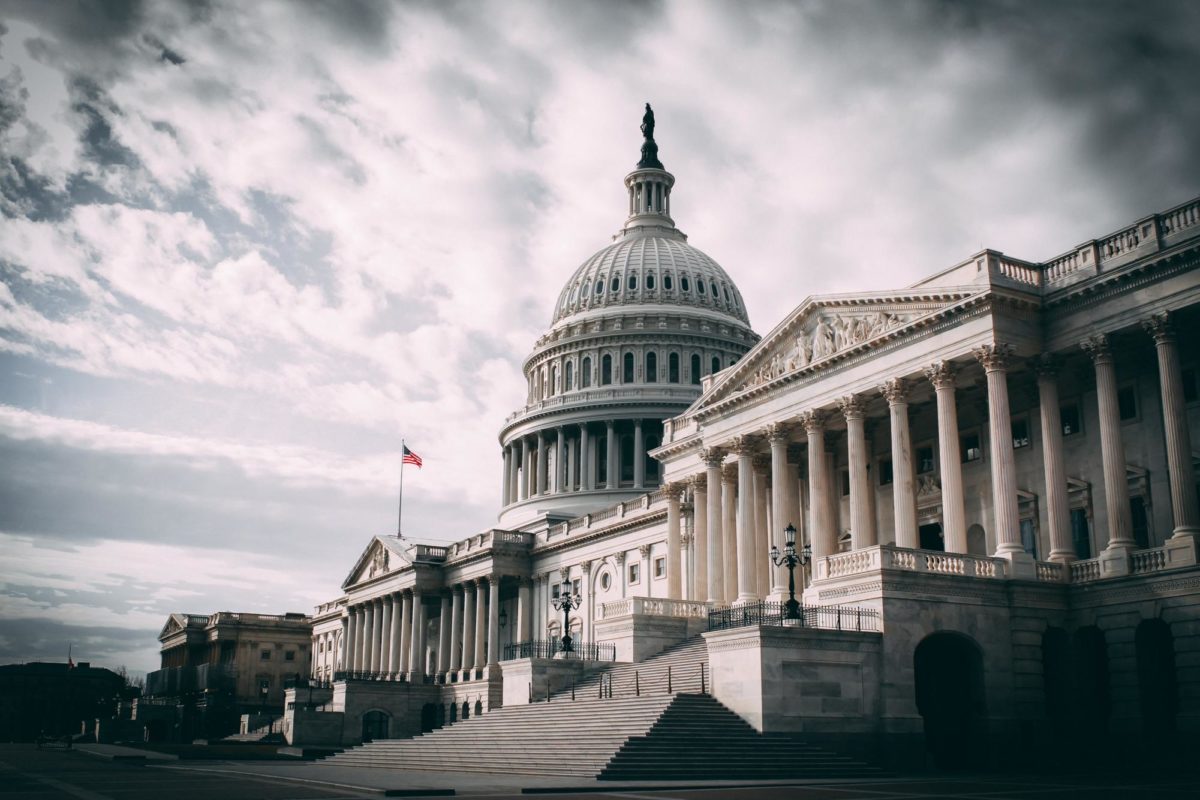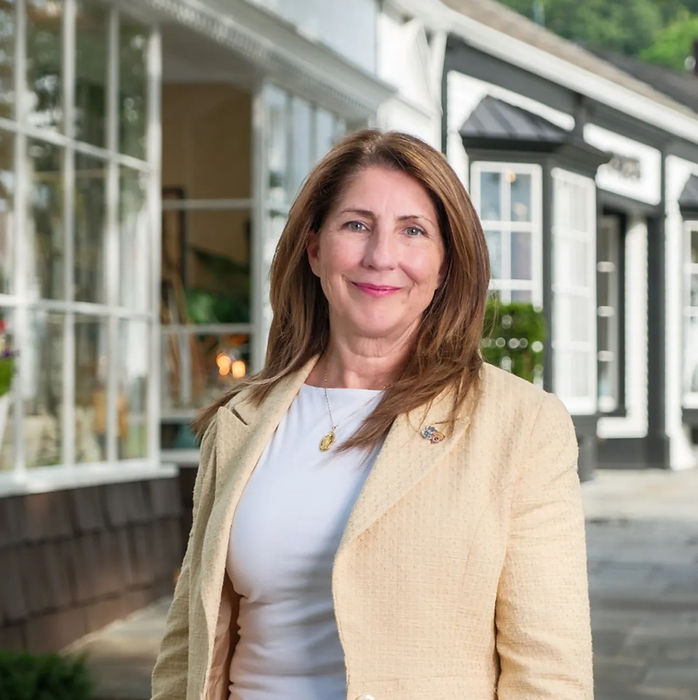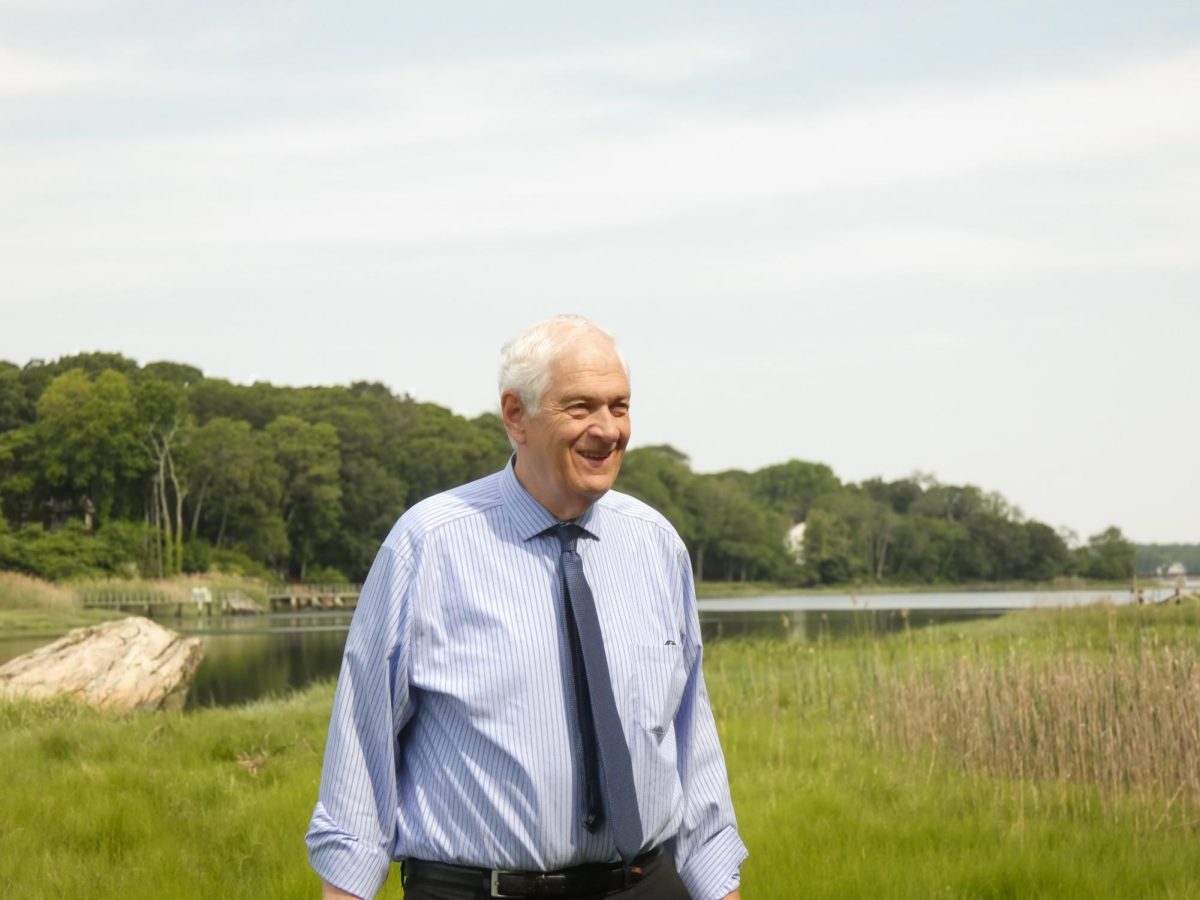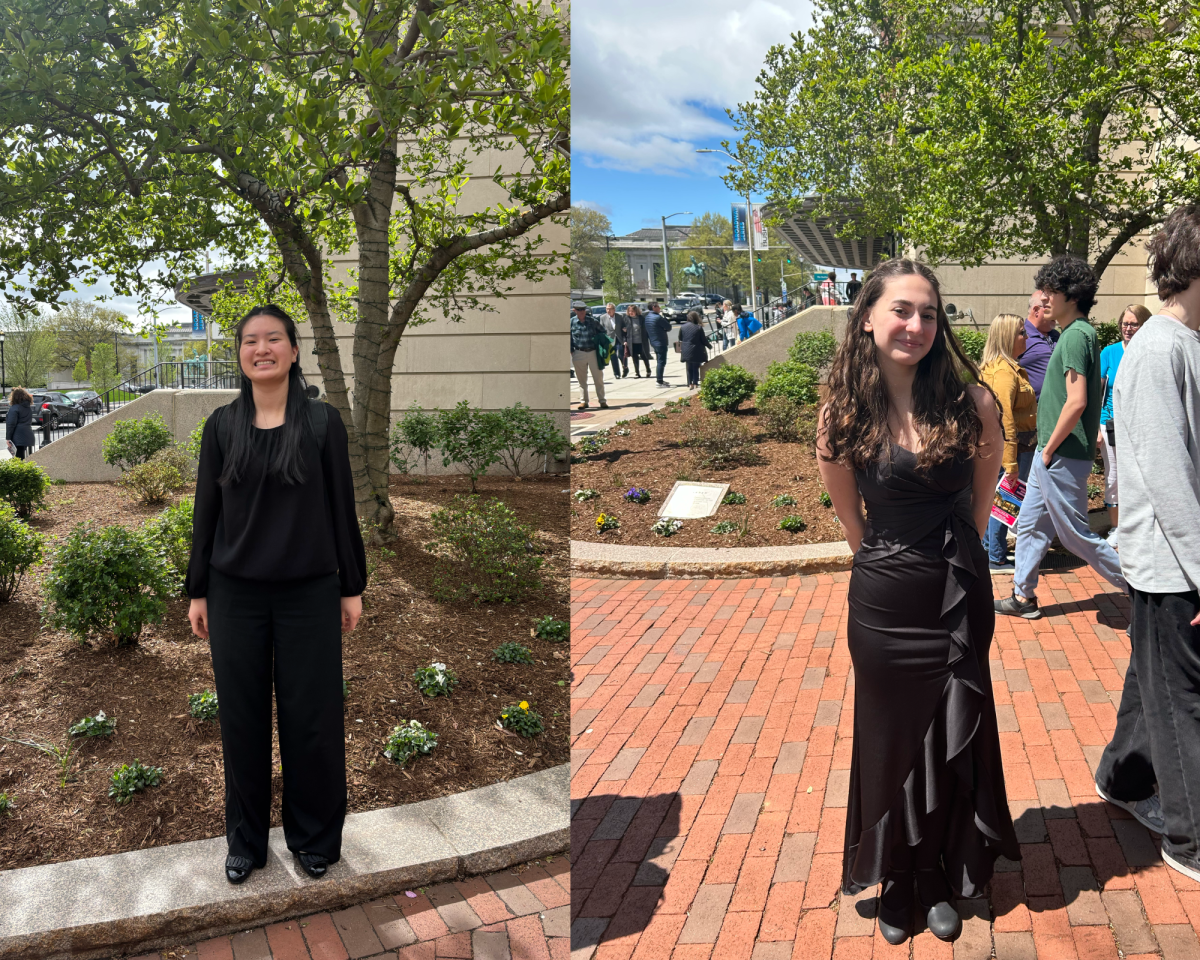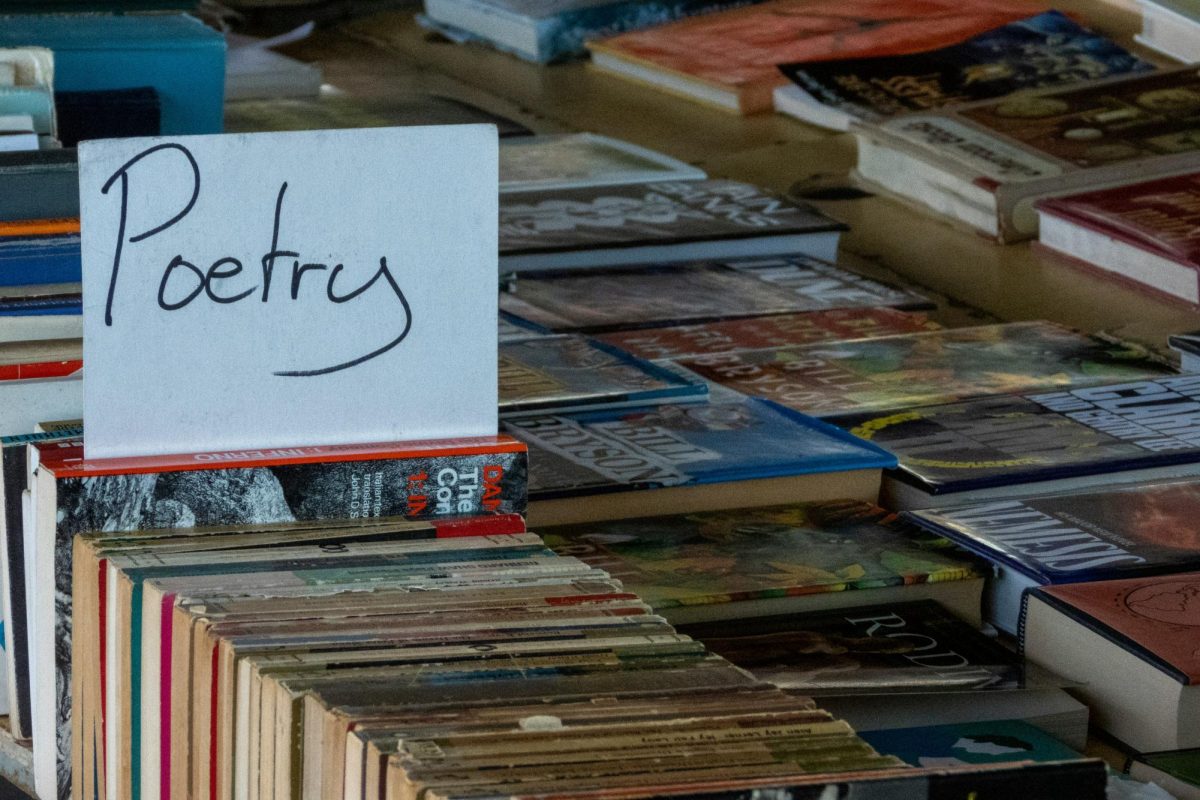On Tuesday, September 12th, House Speaker Kevin McCarthy opened a formal impeachment inquiry into President Joe Biden, asserting that the allegations of his actions surrounding his son Hunter Biden’s overseas business dealings warrant further investigation. Yet, since the beginning of the year when McCarthy won the speakership after 15 bitter rounds of voting, House committees have been investigating Biden and his son and have been unable to produce any concrete evidence of wrongdoing.
The House Oversight Committee held the first hearing on Thursday (9/28), a chaotic 6-hour-long session where the three witnesses called in by Republicans were unable to provide any firsthand knowledge of wrongdoings and testified that the available evidence did not suggest any impeachable offenses. No new information was revealed, and the chairman of the committee, Representative James Comer (R. Kentucky), struggled to respond to several procedural questions from Democrats.
McCarthy’s hold on the speakership is now more fragile than ever, especially after McCarthy reached an agreement with Democrats on a 45 day stop-gap measure to fund the government through mid November.
Far right Republicans have been furious since McCarthy negotiated a deal with President Biden this summer to avoid a debt default, saying that McCarthy has failed to follow through on the promises he made to them to win their support for his speakership, and the impeachment inquiry announcement came as a way to meet one of their longstanding demands.
McCarthy initiated the impeachment inquiry without a full House vote on the matter, a move he had heavily criticized Nancy Pelosi for initially taking during the first impeachment inquiry into Former President Donald Trump, an acknowledgment that he lacks the support needed to do so. He directed the House Oversight, Judiciary, and Ways and Means committees to carry out the inquiry, which gives them expanded powers to issue subpoenas.
Republicans have alleged that Biden abused his powers as Vice President under the Obama administration to benefit his son Hunter’s business dealings, and has subsequently lied about his knowledge of such events and has given his son “special treatment” in ongoing tax violation investigations. Currently, there is no evidence that Biden profited from his son’s business dealings, that his son’s interests influenced his policy, or that he has impeded investigations into Hunter. The most prominent instance of Biden making false statements about his son’s actions occurred in a 2020 presidential debate, where Biden incorrectly said that Hunter did not have business dealings in China.
In a memo to media leaders urging them to emphasize the facts when reporting on the inquiry, the White House quoted various Republican representatives explaining that they couldn’t support an impeachment inquiry because there was no evidence to justify one, also attaching a 14-page appendix debunking the claims House Republicans have based their calls for impeachment on. The Constitution allows Congress to impeach a president for “treason, bribery, or other high crimes and misdemeanors” (TIME). Yet impeachment experts have derided the lack of evidence and noted that McCarthy’s move could diminish the serious weight impeachment carries. University of Missouri School of Law professor emeritus Frank Bowman explained, “In every single case, there was very significant evidence of presidential wrongdoing before the formal inquiry was begun” (TIME).
A key allegation from Republicans, that Biden pushed Ukrainian officials to fire the country’s top prosecutor Viktor Shokin in order to stop a supposed probe of energy company Burisma Holdings for which Hunter was on the board of (there is no evidence of an active investigation at the time of Biden’s actions (FactCheck.org)), was further disproved with the publication of a memo from the State Department stating it was U.S. policy to seek Shokin’s removal due to his corruption. Another popular claim, that Burisma CEO Mykola Zlochevsky paid Biden a $5 million bribe when he was Vice President in exchange for a favor, was relayed to the FBI in 2020 by a credible informant who was reporting what another businessman had told him. But that has been undercut by Hunter’s former business partner Devon Archer testifying to Congress that such allegations are untrue, and by Zlochevsky saying that no one from Burisma had contact with Biden and that Biden had not assisted him in any way.
The future of the inquiry is unclear. An opinion from the Justice Department’s Office of Legal Counsel during the first Trump impeachment holds that impeachment inquiries without a full House vote are invalid, which Biden could use for his defense, and a government shutdown would significantly slow the inquiry.



